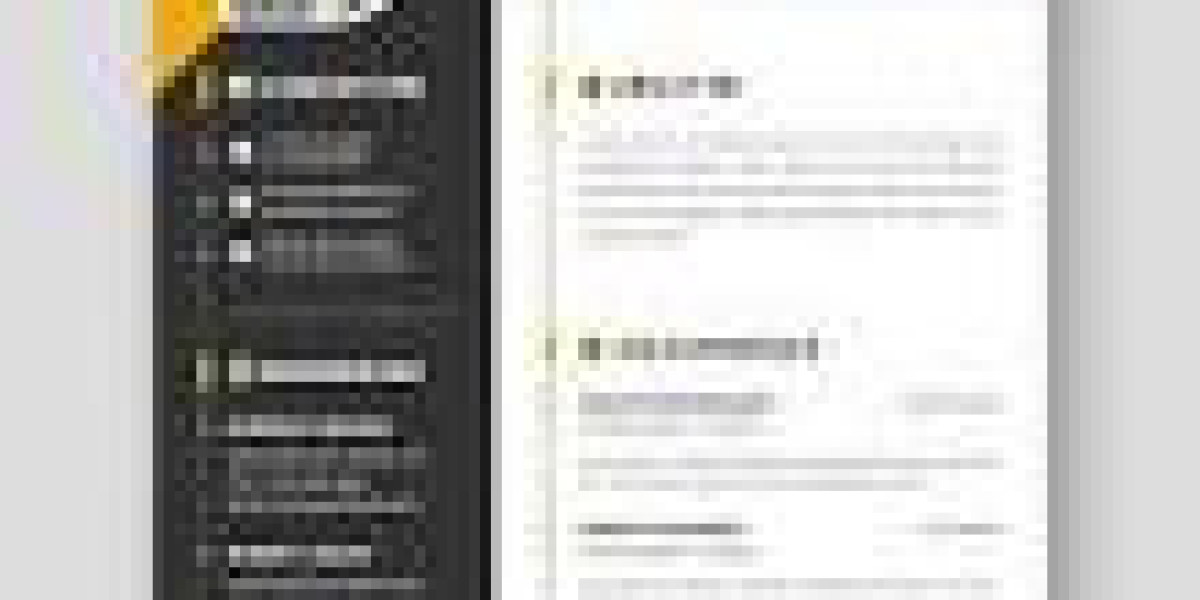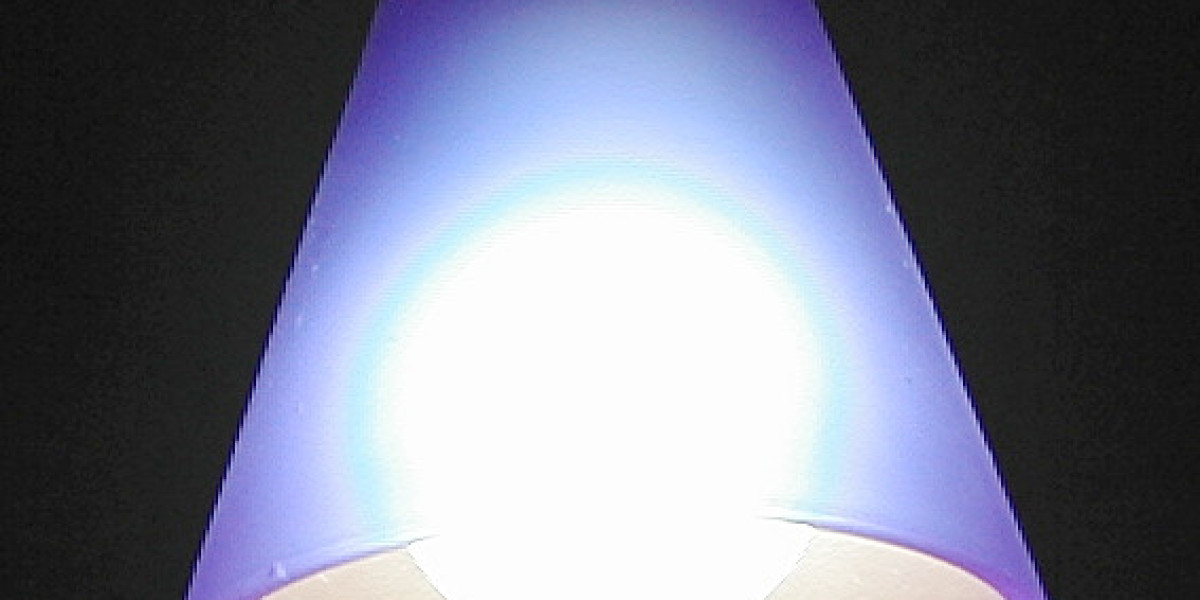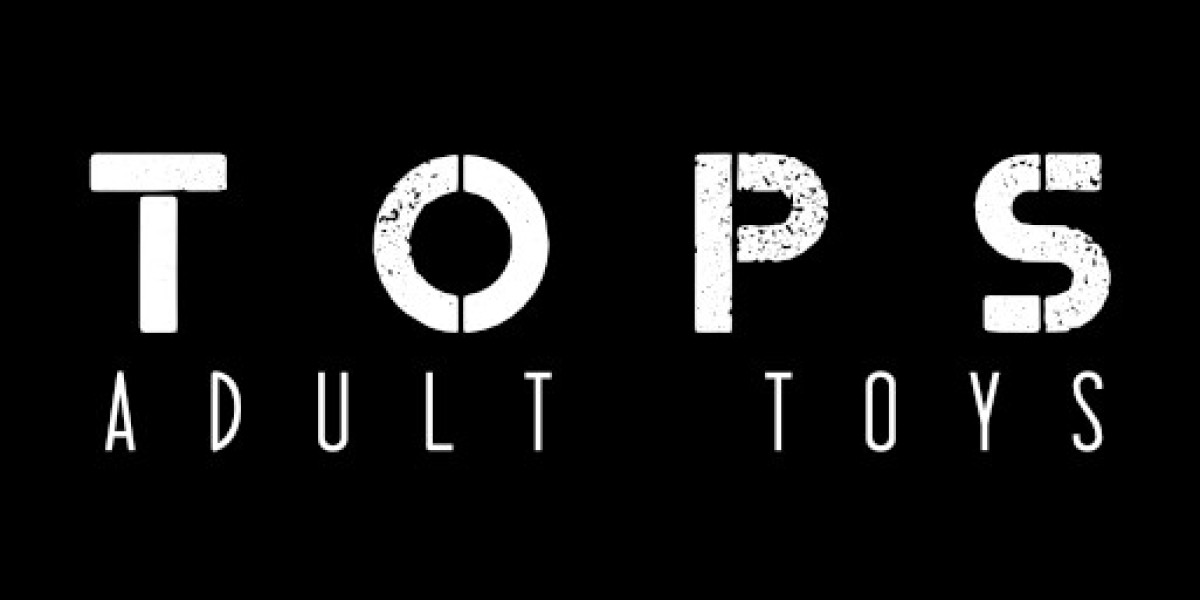TYPES OF RESUME.
· Chronological resume- lists your work experience in reserve chronological order, starting with the most recent job this is by far the most common resume format.
· Functional resume- Emphasizes your skills and achievement rather than your work history. Usually used by career changers or those with limited work experience or large employee gap.
· Combination resume- Uses elements of both chronological and functional resumes to highlight both work experience and acquired skills.
· Targeted resume- Tailored to a specific job opening or company, emphasizing only your most relevant qualification and experience.
· Creative resume- Utilizes unique design elements or creative formatting to show case your creative thinking. Often used by artists, designers or other creative professionals.
· Curriculum vitae- also known as cv these are much longer than typical resumes and tends to include exhaustive list of candidates awards, publications research presentations speeches and more commonly used by the academic and scientific professionals.
Resumes for those with little or no work experience
If you’re a recent or soon-to-be graduate, it’s likely you won’t have much work experience to put on your resume. However, you should certainly showcase your degree, grade point average, awards, extracurricular activities, and anything else that you accomplished while pursuing your education. Student organizations, leadership positions, volunteer work, internships/externships, and research conducted alongside faculty should help you fill out your resume with relevant experience.
Keeping your resume up to date
Updating your resume regularly helps you stay organized and focused on your long-term career goals and aspirations. Keeping your resume up to date is also important because it ensures that you're ready to apply for new job opportunities as soon as they open up.
Be sure to review your resume periodically to make any necessary changes, including adding new skills or accomplishments, updating your work history, or tailoring it to a specific job or industry.
Key Elements of a Great Resume
· Contact information and header
· Basic information that you provide the employer such as your name, phone number, email address, LinkedIn URL, and geographic location (especially if applying for remote jobs).
· Education and relevant coursework
· Showcases any degrees, majors, academic achievements, or other educational qualifications you’ve earned (this should be prioritized if you have little work experience).
· Work experience and accomplishments
· One of the most critical resume components, this summarizes your work history and highlights the skills, knowledge, and other professional achievements you’ve acquired in your career.
· Skills and certifications
· Here you can highlight any relevant skills such as specific software applications or languages spoken, as well as any relevant professional certifications or development courses you've completed.
· Hobbies, interests, and volunteer work (optional)
· Including these provides the employer with insight into your values and interests which may be relevant to the job or company culture. This section may also highlight other skills or leadership positions. For example, being a pro-bono treasurer for a local non-profit, or organizing common interest groups for outdoor enthusiasts, live music fans, foodies, or others.
Here are some formatting and design tips to follow when creating your resume:
Use a clear, easy-to-read font such as Times New Roman or Arial.
Use a clear, easy-to-read font such as Times New Roman or Arial.
Use bullet points to break up long paragraphs and improve readability.
Don’t use too many colors, graphics, or other distracting elements
Make sure the resume is well organized with the most relevant information at the top.
Include keywords from the job posting to ensure the resume is tailored for the specific role (we will go into greater detail on this topic next).
Keep the resume concise and focused, usually no more than 1-2 pages
Proofread the document carefully for grammar or spelling errors.
If you have a trusted friend who has experience in resume writing or understands your industry, ask them to give you feedback.
Tailoring Your Resume
Tailoring your resume for the job you want is important because it demonstrates to the employer that you have taken the time to understand the job requirements and are a good match for the position. It also helps to ensure the employer understands the key points you are trying to make with your resume. Ideally, this will increase your chances of being selected for an interview and ultimately getting the job.
Here are some helpful tips to tailor your resume:
· Review the job description and take note of any keywords, phrases, or specific skills mentioned.
· Highlight any skills or experiences that are a match for those keywords using the same terminology and language on your resume when possible.
· Be sure to include specific accomplishments or certifications that match up with the job description.
· Consider rearranging the order of your resume sections to emphasize your most relevant qualifications.
· Use action words to describe your accomplishments, such as developed, streamlined, saved, lead, organized. These add dynamism and energy to your resume.
· If possible, have a friend or colleague who works in your desired industry/functional area take a look at your resume and offer critical feedback.
· Don’t force it: Tailoring your resume is an art not a science. Sell yourself and your skills, but don’t be insincere or inaccurate when listing your qualifications.
Common Resume Mistakes to Avoid
Spelling and grammar errors
An error-filled resume can give a negative first impression and convey a lack of attention to detail and professionalism.
Irrelevant information
Irrelevant information can distract from your most important qualifications and achievements, making your resume longer than needed.
Lack of specificity or detail
If an employer finds it difficult to understand your specific qualifications you may appear less credible or experienced than you are.
Overuse of buzzwords or cliches
Relying too much on jargon or buzzwords can make you seem unoriginal, insincere, or otherwise less qualified for the job.
Formatting and design mistakes
A poorly designed or aesthetically unpleasing resume may sabotage your job application no matter how qualified you may be
While it is not always required, a cover letter can be an important aspect of a job application. It allows you to showcase your skills and experiences in a more personalized and persuasive manner than a resume alone. This can be useful for setting you apart from other applicants and making a positive impression on the employer. To put it simply, it's usually a good idea to include a cover letter with your resume.












